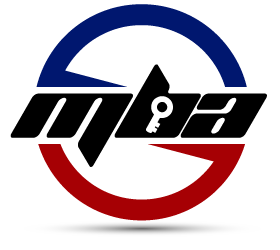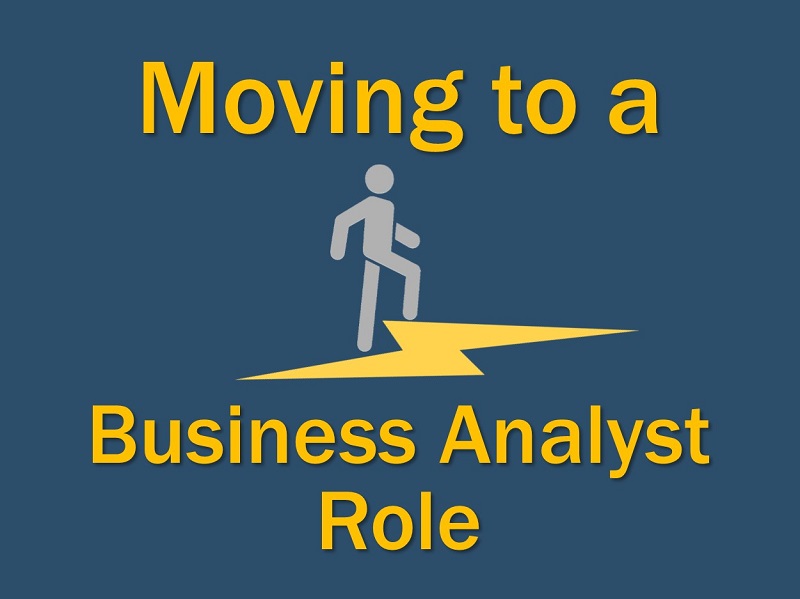In this Lightning Cast, you’ll find out how to transition to a Business Analyst role.
A Lightning Cast is a shorter form episode modeled after lightning talks. You’ll get valuable content in 8 minutes or less.
People often ask me how they can become a Business Analyst or how to transition from role X to a BA role. I have past episodes with Alex Papworth and Laura Brandenburg on this topic, but because this is such a frequently asked question, I’ve summarized some key ways you can get the skills to move to a Business Analyst role.
Being successful as a BA takes knowledge and skills learned through practice and feedback. But this is a chicken or egg problem; it’s difficult to get a role as a business analyst without experience as a business analyst.
Keep in mind that even if you don’t have the title of Business Analyst, you may still be doing business analysis work that’s applicable to the role.
According to the BABOK® Guide version 3.0,
“A business analyst is any person who performs business analysis tasks described in the BABOK® Guide, no matter their job title or organizational role. Business Analysts are responsible for discovering, synthesizing, and analyzing information from a variety of sources within an enterprise, including tools, processes, documentation, and stakeholders.”
If your organization already has Business Analysts, start by looking at BA roles with your current employer and see if there are opportunities to shadow effective Business Analyst. Network with current BAs and offer help them. Ask if you can shadow or observe them as they work to learn more about the role. In fact, building and expanding your network is always a good idea; connecting with people in different departments, subject matter experts, and others who you may need support from in the future can help even if your career goals change.
You can also review procedures and documentation from past projects within your organization. You may find outputs such as process flows, models, requirements documents, and other resources that will help you get a feel for how to perform the BA role.
Look for opportunities with volunteer organizations and others that might benefit from your skills. Offering your time and services for free can allow you to build your experience and benefit organizations that need it most.
If you’re in another role and want to transition to a BA role, think about the skills and experience you’ve in your current role or in your past that you can leverage. Do you have experience doing the kinds of things that a business analyst does? You may have experience in communicating with stakeholder groups, facilitating meetings, mapping business processes, or subject matter expertise developed in working with the software your organization uses.
To find out what skills and experience will be relevant, it helps to look at job postings for the type of job you want. From there, you can reflect on your past experience and identify the skills and knowledge you’ve gained that aligns to business analysis.
If you’re still missing some required skills, you can find ways to build your competencies and apply those skills. You can read books such as the BABOK® Guide, watch videos, listen to podcasts, and find other resources to help you fill in your skill gaps.
Of course, joining local professional organizations such as the International Institute for Business Analysis (IIBA) or the Project Management Institute (PMI) gives you the opportunity to talk to other professionals to learn more about their role as well as what skills and techniques are needed to be successful.
Thank you for listening to the program
To get more valuable content to enhance your skills and advance your career, you can subscribe on iTunes and other podcatchers.
Also, reviews on iTunes are highly appreciated! I read each review and it helps keep me motivated to continue to bring you valuable content each week.







